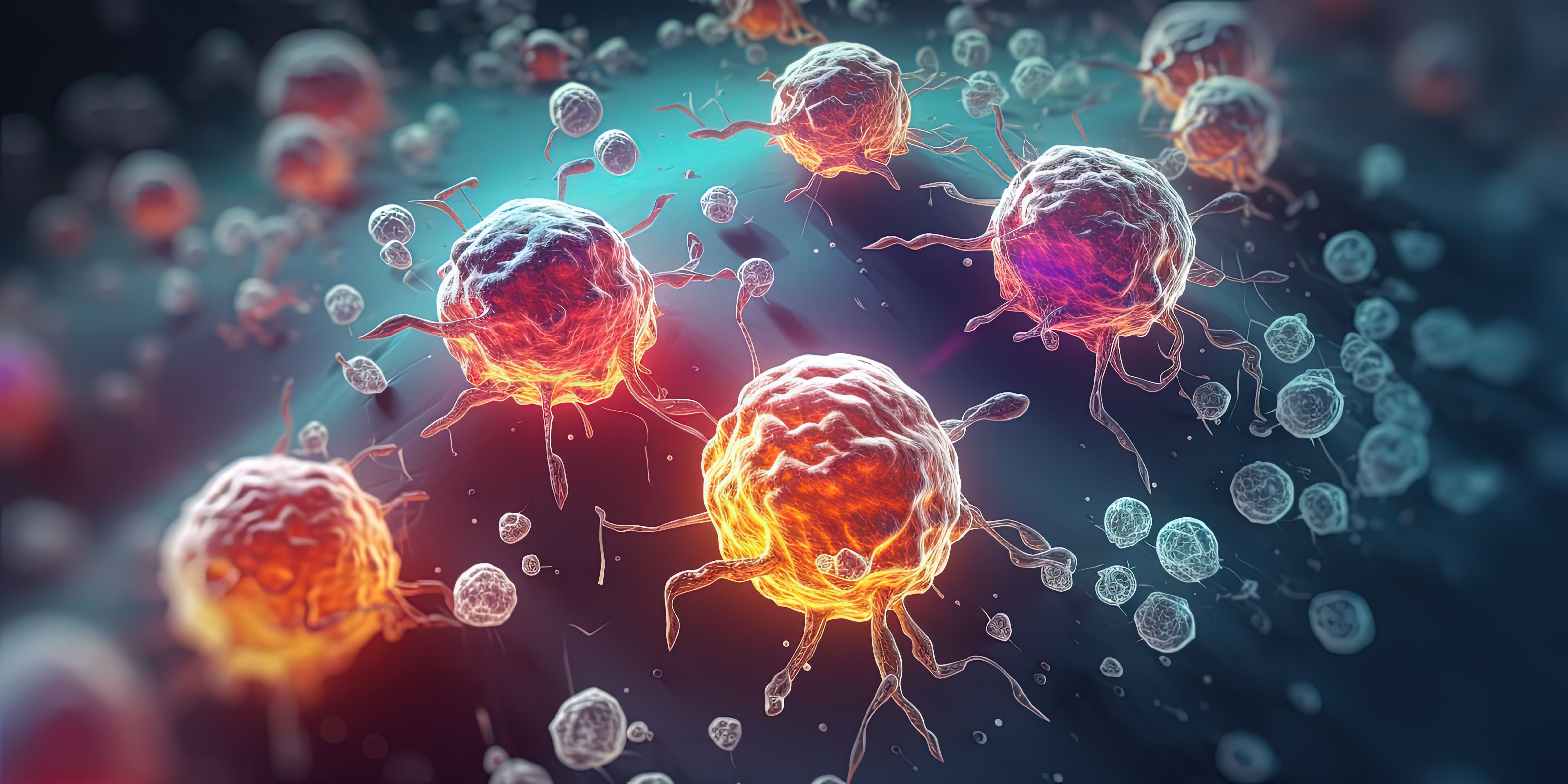News
Article
NATALEE Trial Data Demonstrate Reduction in Recurrence Risk Across Subgroups With Breast Cancer
Author(s):
Almost 80% of patients have now stopped treatment with ribociclib, but benefit persists and is greater than it was 6 months ago, according to the presenter.
New data from an updated invasive disease-free survival (iDFS) analysis of the phase 3 NATALEE trial demonstrated a 25.1% (HR=0.749; 95% CI: 0.628, 0.892; p=0.0006) reduction in risk of disease recurrence across patients with stage 2 and 3 hormone receptor (HR)-positive/human epidermal growth factor receptor 2 (HER2)-negative early breast cancer treated with adjuvant ribociclib (Kisqali; Novartis) plus a non-steroidal aromatase inhibitor (NSAI).
“The HR-positive, HER2-negative population of patients with breast cancer is the largest segment of patients with breast cancer,” said presenter Gabriel N. Hortobagyi, MD, MACP, FASCO, in an interview with Pharmacy Times. “And while we have made very significant progress in the curative approach to their management, there is still a significant probability of recurrence, and therefore death, for these patients.”
Image credit: Elena | stock.adobe.com

The NATALEE trial is a global phase 3, multi-center, randomized, open-label trial to evaluate the efficacy and safety of ribociclib with endocrine therapy (ET) as an investigational adjuvant treatment compared to ET alone. The adjuvant ET used in both treatment arms was an NSAI (anastrozole or letrozole) and goserelin, if applicable. The primary endpoint is iDFS and a total of 5101 adult patients with HR-positive, HER2-negative early breast cancer across 20 countries were randomly assigned in the trial.
Data previously announced at the 2023 American Society of Clinical Oncology Annual Meeting demonstrated that ribociclib plus ET lowered the risk of cancer recurrence by 25.2%, in addition to clinically meaningful iDFS benefit across key pre-specified subgroups.
Hortobagyi noted that the NATALEE trial utilized a lower dose (400 mg) of ribociclib than the dose approved for treatment of metastatic breast cancer (600 mg). This lower dose was selected to improve tolerability and treatment adherence and extend the duration of treatment to 3 years.
“…We wanted to extend the duration of adjuvant CDK 4/6 inhibitor therapy to 3 years on the basis of preclinical observations and the hypothesis that longer administration would produce greater suppression of proliferation and induce senescence for the tumor cells,” Hortobagyi told Pharmacy Times.
At the data cutoff of July 21, 2023, among the 2549 patients in the ribociclib and NSAI arm, 42.8% completed 3 years of treatment and 35.5% discontinued ribociclib or ribociclib plus the NSAI early, while 20.7% remained on ribociclib. Additionally, 68.5% of patients remain on treatment in the NSAI arm.
Median follow-up for iDFS was 33.3 months, with an additional 5.6 months from the previous interim analysis. A total of 509 iDFS events were observed, 226 (8.9%) in the combination arm and 283 (11.1%) in the NSAI alone arm. Ribociclib plus the NSAI demonstrated a significant iDFS benefit over NSAI alone, with 3-year iDFS rates of 90.7% vs 87.6%.
A consistent benefit was observed across patient subgroups, including those with node-negative, stage 2, or stage 3 disease. Secondary endpoints of distant disease-free survival (DDFS) and recurrence-free survival (RFS) also favored ribociclib plus NSAI over NSAI alone. Overall survival data were immature, with 84 (3.3%) and 88 (3.4%) total events in the ribociclib plus NSAI and NSAI alone arms, respectively.
“…by now, almost 80% of patients on the NATALEE trial have stopped taking ribociclib, and the benefit persists beyond the stopping of the drug,” Hortobagyi said. “And that, of course, is a very important point because sometimes we see transient improvement during the administration of a specific drug. In this case, with almost 80% of the patients having stopped ribociclib, the benefits persist and, in fact, it’s greater than it was 6 months ago.”
No new safety signals were observed since the prior interim analysis. Discontinuation of ribociclib due to adverse events occurred in 19.5% of patients, which is a <1% increase from the prior interim analysis.
“From what we have seen to date, and specifically what we have seen in the NATALEE trial, we are very optimistic that not only will we continue to see the benefit for the addition of ribociclib in future years, but possible this will have repercussions and influence on other endpoints in the trial,” Hortobagyi said.
Pharmacists can play a key role in this treatment regimen, and in the management of breast cancer more broadly, Hortobagyi said. His group at MD Anderson Cancer Center has formed therapeutic teams that include the oncologist, nurse, pharmacist, research nurse, and other health care professionals, and he said pharmacists on those teams fulfill multiple crucial roles.
“For drugs that are administered chronically, such as ribociclib, that [role] is even more important because continued reinforcement of compliance with treatment, continued education, and continued encouragement to patients with potential solutions to their [adverse] effects and adverse events is very important,” Hortobagyi said. “And the pharmacists do that better than most other members of the team.”
Reference
Hortobagyi GN. Ribociclib (RIB) + nonsteroidal aromatase inhibitor (NSAI) as adjuvant treatment in patients with HR+/HER2- early breast cancer: final invasive disease-free survival (iDFS) analysis from the NATALEE trial. Presented at: San Antonio Breast Cancer Symposium. December 5-9, 2023.
Newsletter
Stay informed on drug updates, treatment guidelines, and pharmacy practice trends—subscribe to Pharmacy Times for weekly clinical insights.

FDA Approves Linvoseltamab-Gcpt for Treatment of Relapsed or Refractory Multiple Myeloma




